In PA, only people with approved medical conditions and a doctor’s certification can purchase legal marijuana. It can’t be legally purchased recreationally and is still illegal statewide, although local districts, specifically Philadelphia and Pittsburgh have passed ordinances decriminalizing small amounts of marijuana.
Let’s talk about weed, and here is all the context you need to know: cannabis is not legal on a federal level- It is classified as a schedule 1 drug. 23 states plus the District of Columbia have legalized recreational marijuana for adults (21 and older).
There are so many controversies when talking about the use of marijuana. There are arguments about the criminalization of small marijuana charges, lowering the age of recreational marijuana, regulating marijuana in sports and Olympic settings, and especially whether or not medical marijuana should be allowed in schools.
Now, according to the AFS student and family handbook, “The [drugs and alcohol] policy does not prohibit the proper use of medication under the direction of a physician, although the use of marijuana is prohibited in all circumstances.” That means most- if not all- over the counter and prescription drugs can be administered to students who have a direct note from a doctor saying that they need it, except for marijuana.
AFS students have various opinions about the school policy.
Nora Monahan ’25 said that, “It depends on the circumstances for everyone…if it’s something that helps students work better, something that helps you focus or with pain in any way, it should be recognized as such. I think there needs to be a lot less stigma around it.”
When discussing the impact of cannabis, an anonymous student said, “If you’re using CBD, which is the part of the marijuana plant that can help with pain, and help you feel calm. I take CBD and it doesn’t get me high. It doesn’t do anything bad to you. It just has a really calming effect. I think it should be legal. With THC, it really depends on the reason.
Another anonymous student said, “If there is a case where someone truly needs it, then I think yeah there should be some type of accommodation at AFS, because AFS is a school that advertises for being a very accommodating environment.”
That also plays a big part in this controversy around cannabis both in schools and in our nation. What is the stigma around marijuana? According to the National Library of Medicine, “Cannabis use can be stigmatized as deviant behavior similar to that observed in criminology, tied to societal labeling, discrimination, and devaluation.”
According to the Dean of Students, Tina Yen, “People’s perceptions of marijuan aculturally may defer from what’s happening legally and schools have to weigh that when we’re thinking about policies.”
In higher education and athletic spaces, cannabis is also being destigmatized. For example, the NCAA has removed marijuana from its list of banned drugs. A lot of colleges have launched academic programs focused on cannabis. For example, University of Maryland has a master’s program for a MS in Medical Cannabis Science and Therapeutics. Colorado State University-Pueblo offers a Bachelors of Science in Cannabis Biology and Chemistry program.
When asked about the destigmatizing of marijuana and legalization of it, Zamir Barnes, an AFS basketball player, said “No weed, no crazy stuff. That’s just one last problem that we have to [fix] all around.”
Bringing a spotlight on this topic to the greater Philadelphia area ,there has been an upsurge in overdoses due to fentanyl-laced drugs, more specifically cannabis. A 2022 report from the Philadelphia Department of Health confirmed an uptick in ER admissions related to suspected fentanyl-laced cannabis overdoses. These overdoses are impacting the youth.
The school nurse at AFS, Nurse Rachel said, “Fentanyl is the same thing as [percocets], it’s just more potent. Small amounts of it could kill [someone].”
History teacher Rusty Regalbuto said “[We] live in an age where the danger is so great. Fentanyl is so pervasive and so dangerous. Are there other things you could do without medical marijuana, without risking the fentanyl, because the fentanyl is out there.”
According to a 2019 Youth Risk Behavior Survey, about 40% of Philadelphia high school students reported using marijuana at least once. A 2022 survey conducted by local Philadelphia schools found that 25% of students were unaware of the risks posed by laced marijuana, indicating a need for greater education among young people. Nationally, overdose deaths among teens aged 15-19 increased by 94% from 2019 to 2020. Much of this increase is attributed to fentanyl-laced drugs.
So how do we fix this problem? Some argue that legalizing recreational marijuana on a federal level or lowering the age would solve the problem.
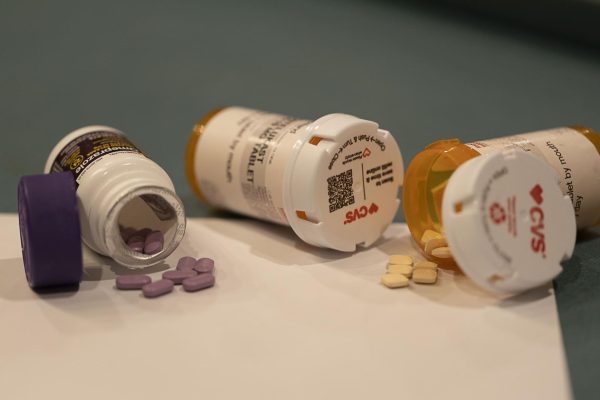
One anonymous student said, “It should be legalized and for me personally it’s really helpful to turn my brain off. I’m able to take a moment and not worry about everything. I think at a recreational level there should be access for ages 18 and over.”
Yen said, “My personal perspective is that [there should] be more government supervision of legalizing it, so production [and] distribution is safe. I think when people, especially younger people are seeking these back channels for marijuana that definitely gets riskier because it could be laced with something. I hope young people are more aware of that and [have] more oversight.
For me as a teacher, I care about young people being safe, and developing in a way that’s going to help them in the long turn.”
Regalbuto had a similar view saying that he is“okay with it being legal. [He] just [thinks] it needs to be regulated in some way, or a little bit better. And you don’t need to go to jail for having two joints.”
An anonymous student had a more radical view that said, “I think the age should be lowered to 18 because if we’re able to fight for our country, die for our country, and vote at 18, why can’t we drink? Why can’t we smoke? Why can’t we do other things that are ‘adult activities’ when we [can] sign up to go fight for our country.”
Barnes ’25 had an opposite view that said, “[at]21, you’re not as mature. I feel like we should bump up the age. I don’t know what age, but 21 is still kind of young.”
Whether it’s a school policy or drug laws, that is what it is about: safety.
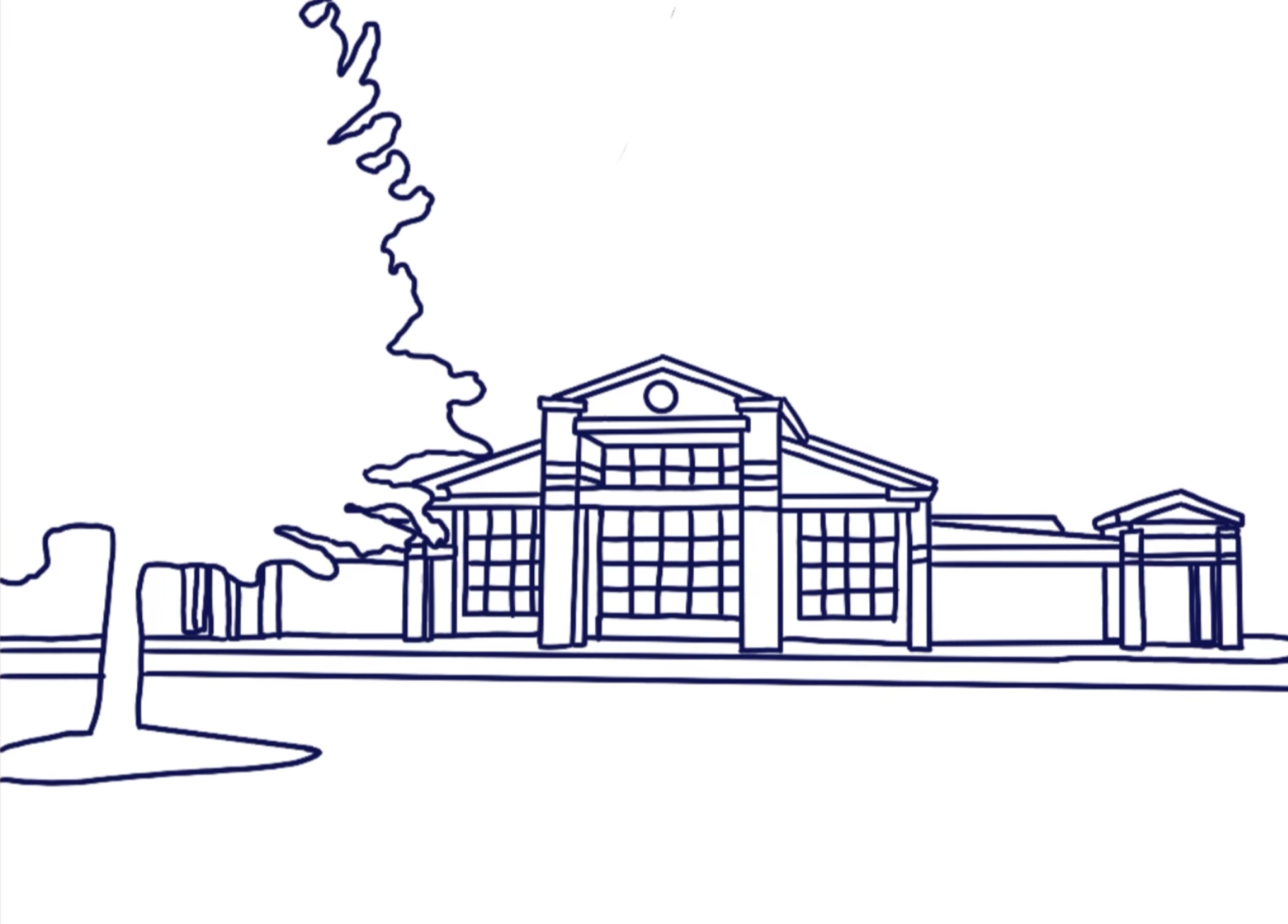
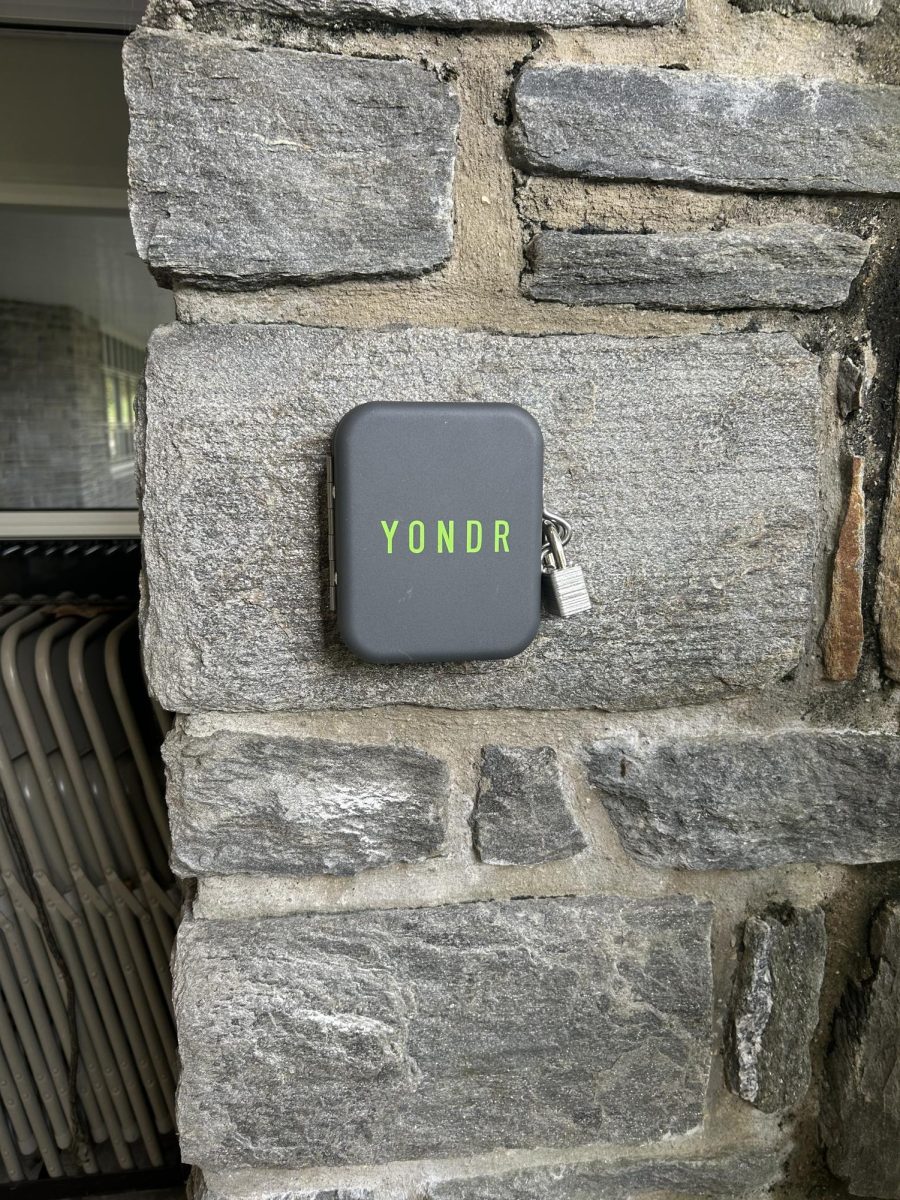




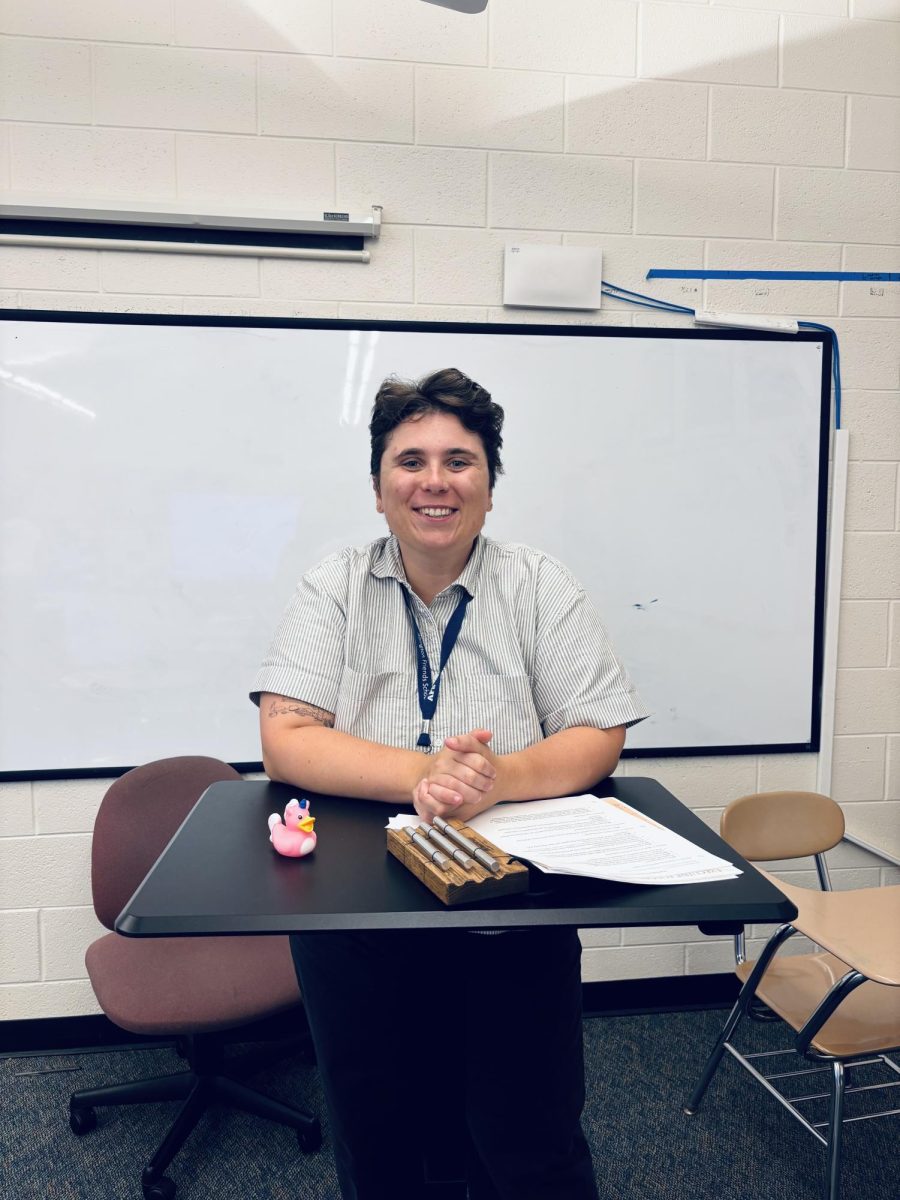
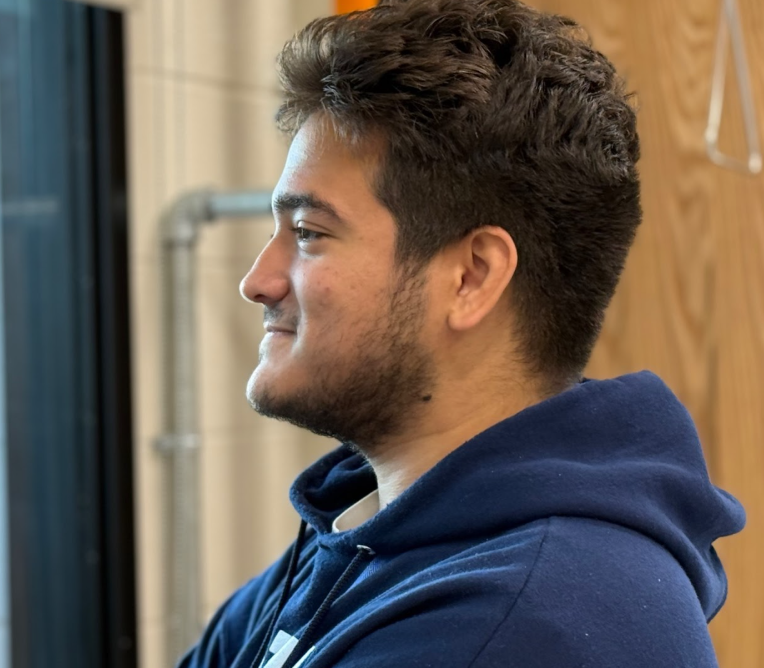
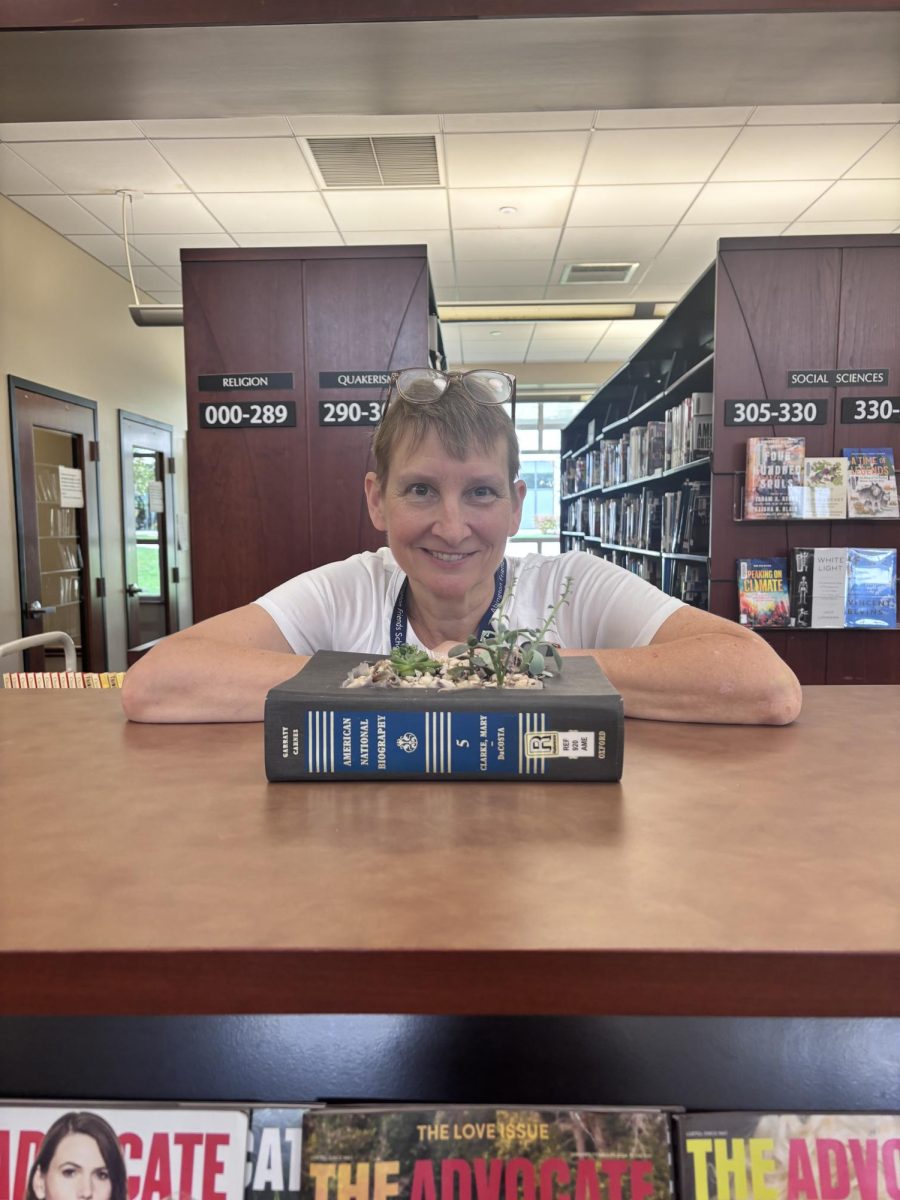





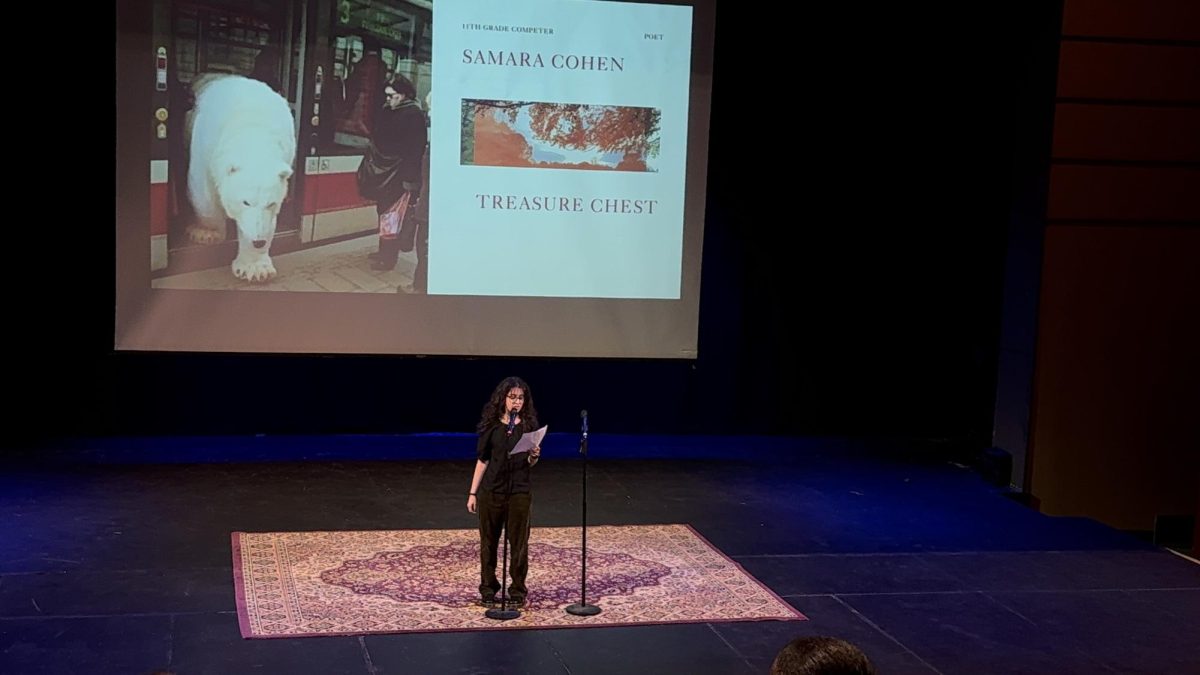


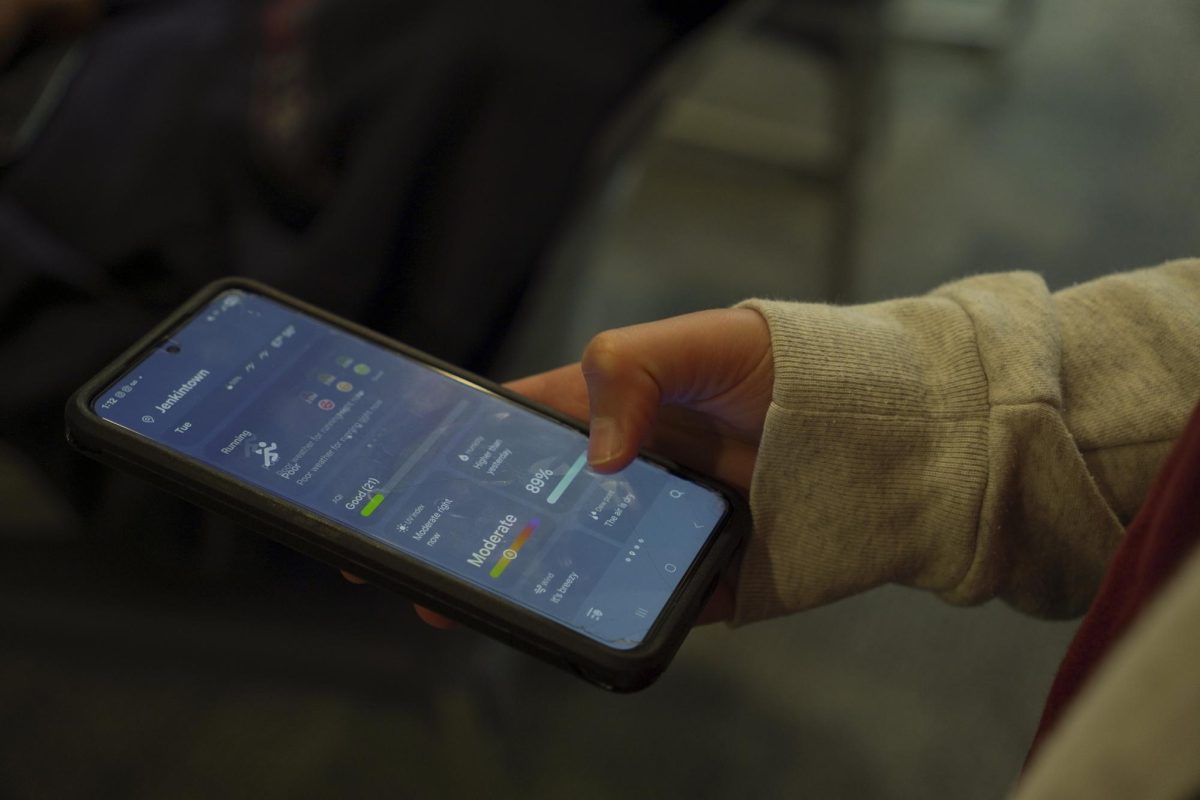
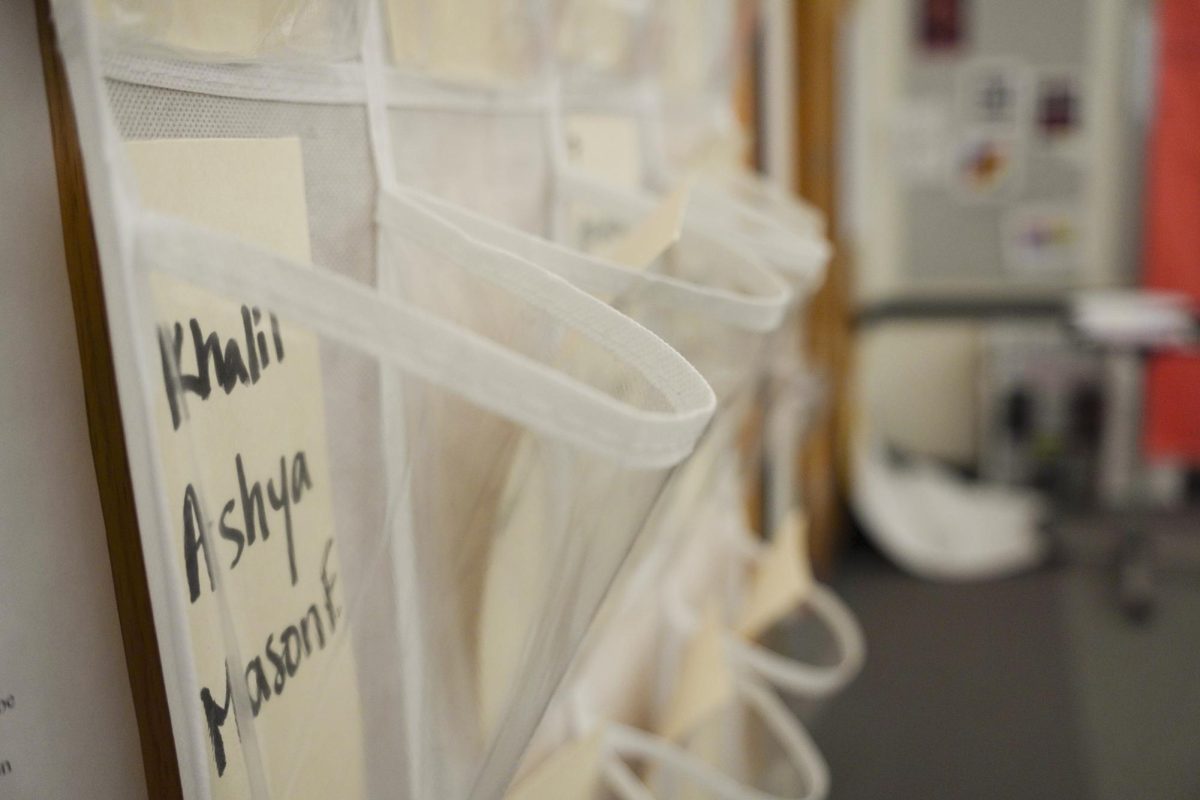

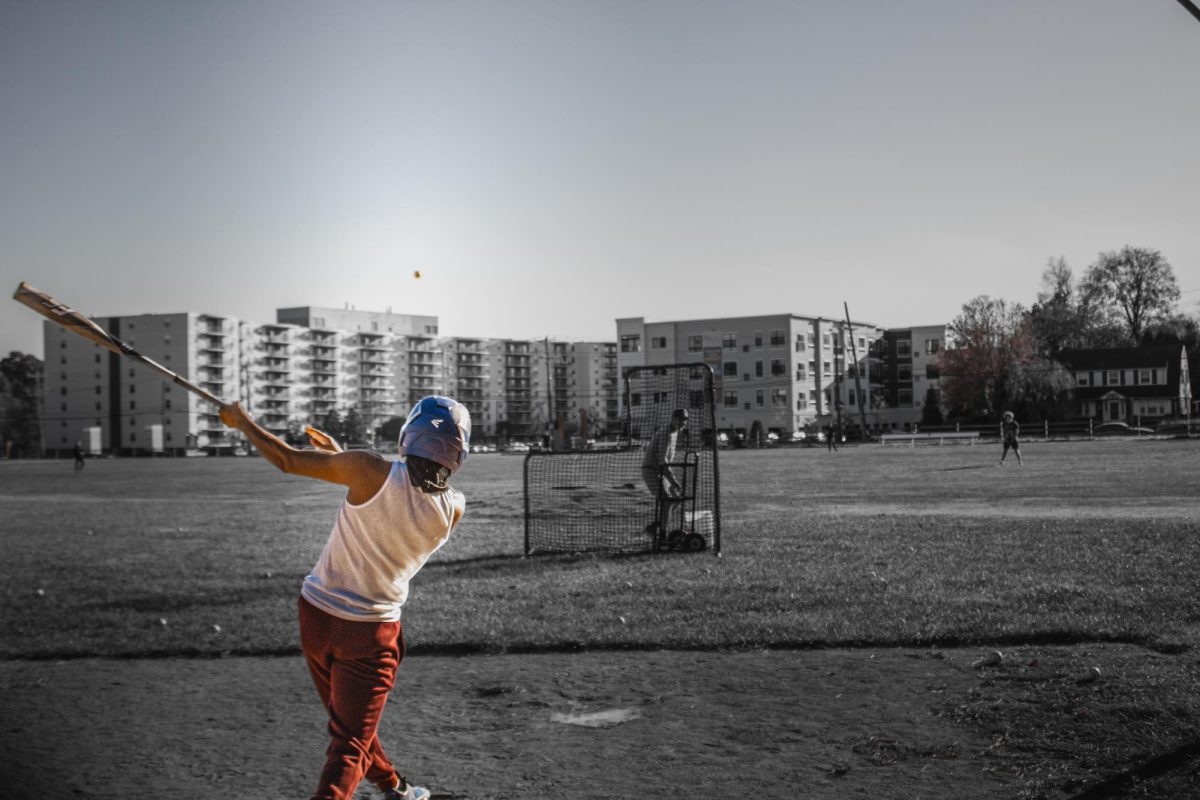
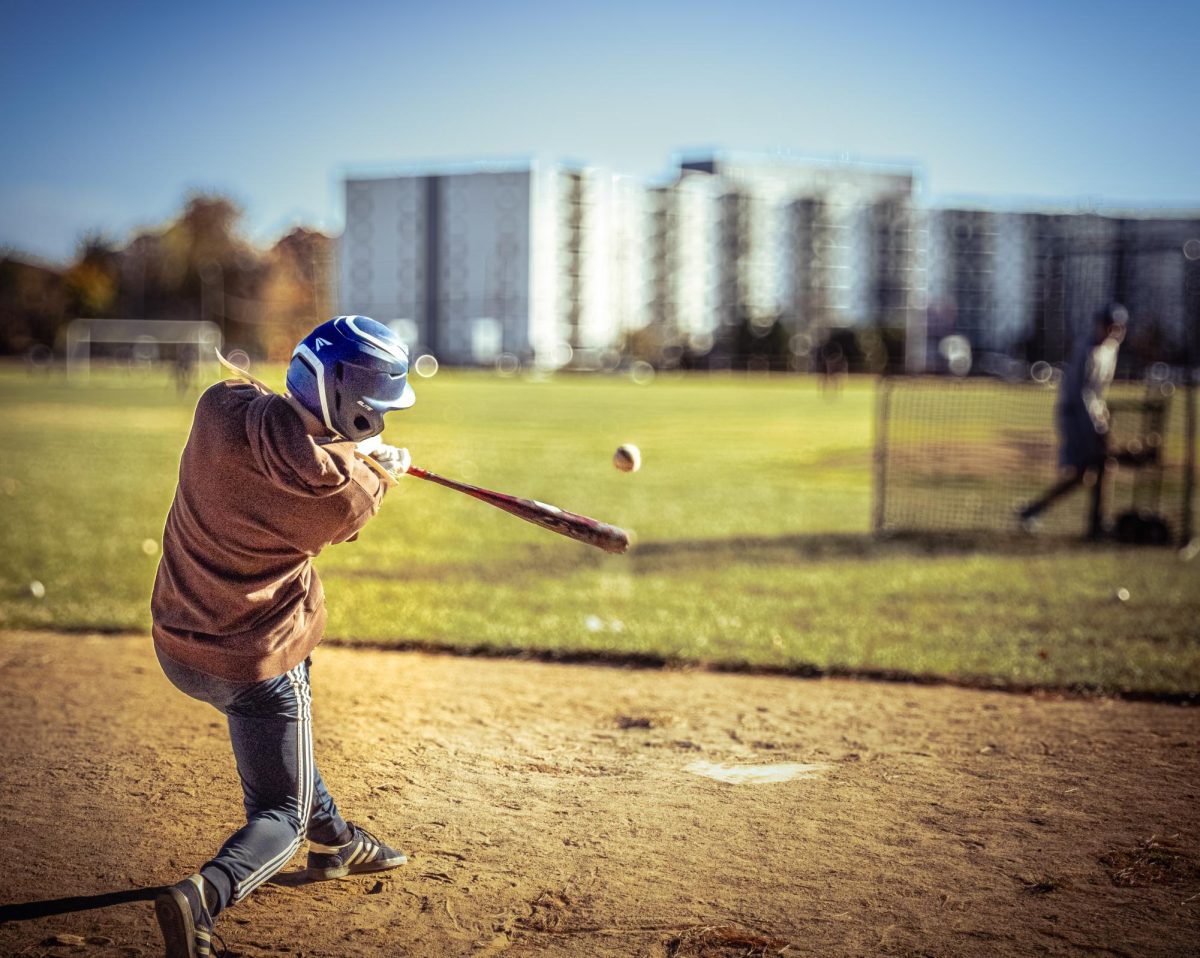

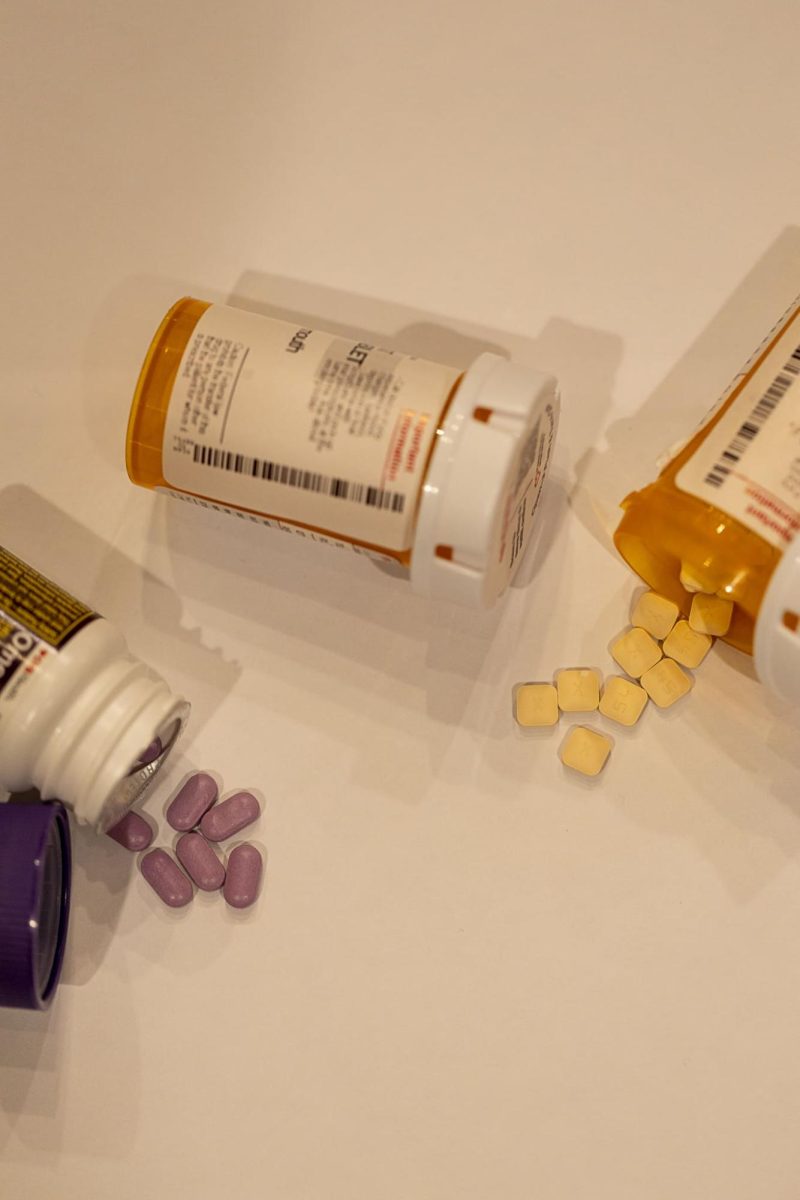
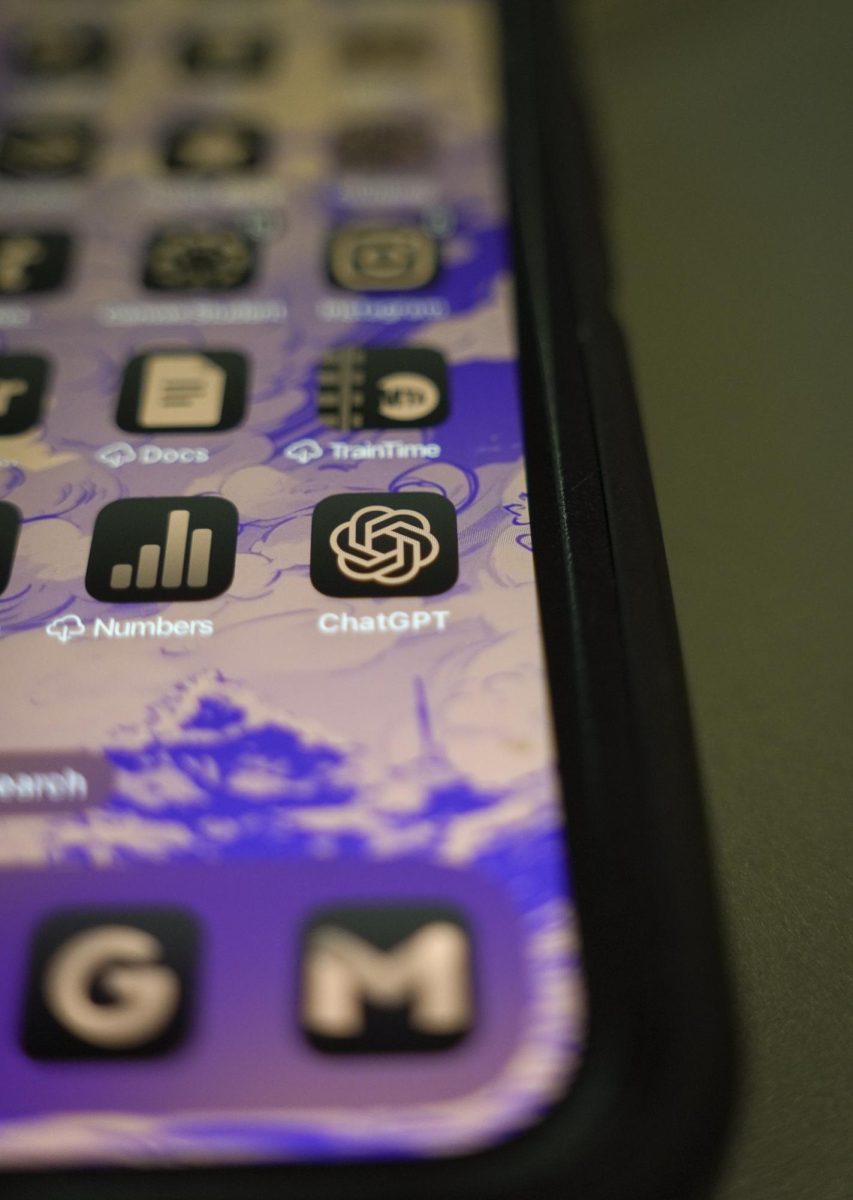
Anonymous • Jan 29, 2025 at 4:35 pm
I think that medical marijuana should be okay to have at school for pain, and I do think it should be legal for 18+ to use recreationally. I think that if it wasn’t illegal for recreational use for under 21, people could get it safely by buying legal marijuana and it would lower the risk of it being laced with fentanyl. People are going to do marijuana regardless of whether it is legal or not, but making it criminal only means they will be getting it from sources that aren’t always safe. As for having it at school, I think that it should be allowed because its important that students are coming to school not in pain. It seems to me that AFS is a place that prioritizes the needs of students, and having medical marijuana could be one of those needs for somebody.
Anonymous • Jan 29, 2025 at 2:48 pm
I think that this article is very important for people to read because drug usage is a very serious topic. AFS has a very good policy when it comes to drugs. I 100% disagree with the thought of marijuana being allowed on school grounds. It is very inappropriate and inconsiderate. When having those types of discussions they need to think of the other students of campus and how marijuana can affect everyone else. Although marijuana can sometimes be medically prescribed but that doesn’t make it okay. It is a drug that can cause unhealthily withdraws.
Henry Goldstein • Jan 29, 2025 at 9:50 am
I think that the drug policy should be changed to allow the proper use of medical Marijuana under very strict circumstances as prescribed. I don’t exactly know what these circumstances would be, maybe close supervision when taking it, but it can be really beneficial to some people who struggle with some sort of pain or medical problems that other medicines just haven’t worked for. So if AFS is going to change the drug policy, they should loosen the ban on Marijuana OR change the language of the student handbook to make it clear that it is not allowed so people don’t get confused.
Adalyn • Jan 28, 2025 at 9:03 am
I think that the drug policy should stay the same and also if young people at the age of 18 are allowed to get it legally, I don’t think that you should just because you don’t know what it can do to your brain that’s not fully developed yet. I think that we should still keep it at medical use since doctors and researchers are still doing research and seeing the benefits because its still a drug, a drug that can kill you if not taken responsibly. Overall I say we should keep it as medical for now but as time moves on legalize it and see what happens.
Anonymous • Jan 28, 2025 at 8:56 am
I like how the perspectives are all very different as it’s important to be able to hear everyone out and get their opinions. I don’t pay attention much to the changes in laws for things surrounding topics I am not involved much in. I think at afs you should not be able to smoke on campus because it then becomes a situation of where you would be able to smoke it without bothering others and effecting others. I understand wanting to smoke it on your own, in your own place of residence, but on school campus in unreasonable to me. Maybe I would be able to see this point of view if we didn’t share a school with younger kids, but because we do, it makes even less sense to me.
Dean sadowski • Jan 28, 2025 at 8:54 am
the stigma around marijuana is quite interesting since only recently its been breaking forth and becoming less of a drug that is a concern for the government and like stated in the article colleges. Fentanyl laced cannabis is extremely dangerous and especially living in Philadelphia a city where drugs like fentanyl and heroin are running ram-pit through the streets it’s something to look out for. This issue can be fixed to some degrees by lowering the age of legal consumption but how far are we going to lower it because kids younger than 18 are smoking marijuana and cannabis consistently. I think it is good though that colleges aren’t testing their athletes anymore who are grown adults for a drug that isn’t going to boost their performance ability on the court, mat or field. In a highschool like AFS there aren’t many people you will find that need CBD for pain but if they do then it should be allowed but most of us are all under the age of 21 and 18 and don’t have these issues.